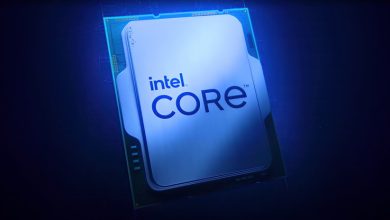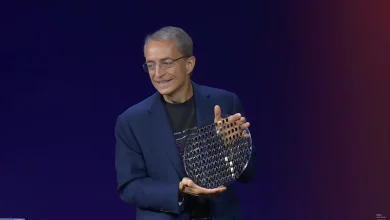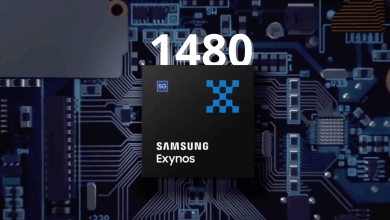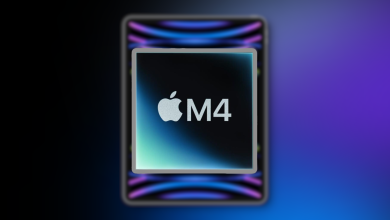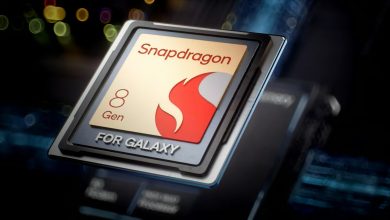German Court Issues Ban on Intel’s Alder Lake, Ice Lake, and Tiger Lake CPUs Citing a Patent Infringement Lawsuit
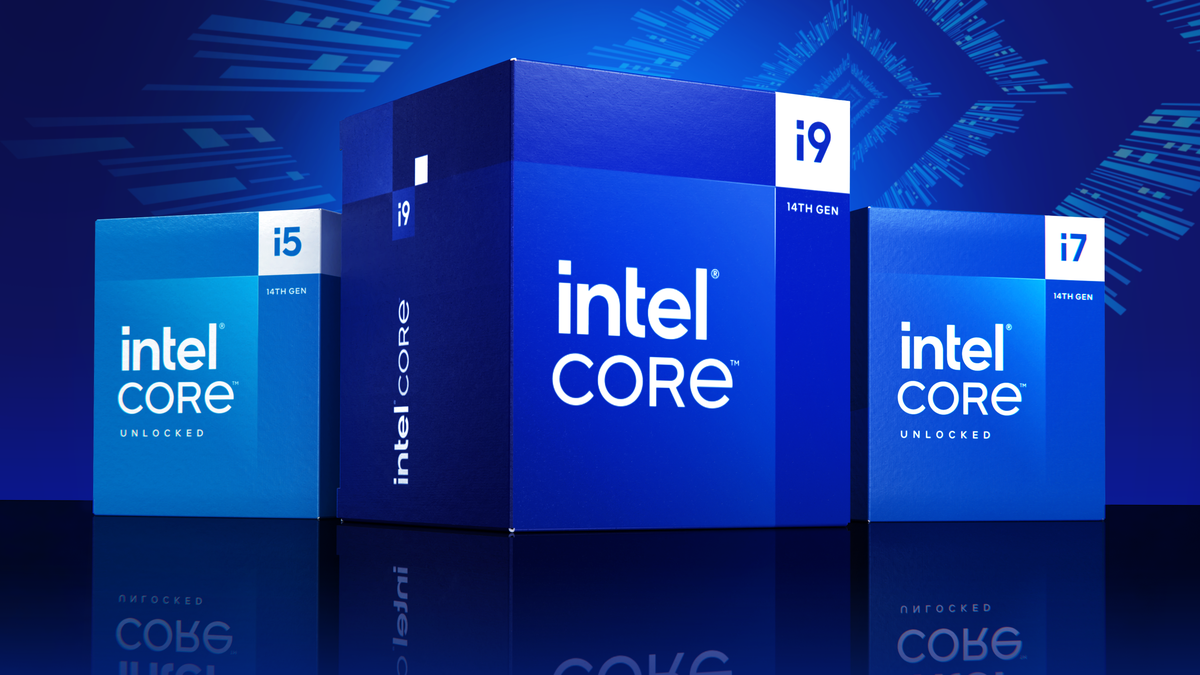
A German regional court has imposed a prohibition on Intel, restricting the company from engaging in the further sale of Ice Lake, Tiger Lake, and Alder Lake chips.
This news comes in light of a patent infringement lawsuit by R2 Semiconductor, a company situated in the United States. The court has issued an injunction that prevents sale of these processors alongside setups equipped with these CPUs.
Court Finds Intel to have Violated R2 Semiconductor’s Patent Rights, Ice Lake, Tiger Lake and Alder Lake Sales Impacted
R2 Semiconductor’s specific patent revolves around voltage-regulating technology. The company asserted that Intel has been using infringing technology in its processors. For some context, a similar case was fought between both companies in the US, with courts ruling the patent as invalidated, only in the US though.
On Wednesday, a local court in Düsseldorf, Germany barred Intel from selling the aforementioned 3 lineups of processors. As the court sided with R2 Semiconductors, Intel had its reservations in regards to the decision. Intel’s argument centers on the fact that the US has already declared R2’s accusations null and void.
They also went as far as to calling R2 Semiconductor a patent troll, that is, they enforce giants like Intel into litigation. Team Blue has filed an appeal, so the case could be dragged on further with a chance for this decision to be repealed. Moreover, Intel will protect its customers from any legal consequences, in a monetary sense.
“R2 files serial lawsuits to extract large sums from innovators like Intel. R2 first filed suit against Intel in the U.S., but after Intel invalidated R2’s low-quality U.S. patent R2 shifted its campaign against Intel to Europe. Intel believes companies like R2, which appears to be a shell company whose only business is litigation, should not be allowed to obtain injunctions on CPUs and other critical components at the expense of consumers, workers, national security, and the economy.”
Intel
On the contrary, R2 Semiconuctor has strongly applauded and endorsed the court’s decision. The company claims that Intel wanted to invest in R2 back in 2015, however, once they realized R2’s technology was part of their chips, without permission, they backed out.
The Aftermath
In hindsight, the ban is not something to take lightly. However, most of the affected products are no longer in production. Ice Lake refers to the 3rd Generation of Xeon processors, meanwhile Intel just launched the 5th Generation back in December. Tiger Lake refers to 11th Generation of mobile processors, dating back to around 2021.
What could be impacted is Alder Lake, processors based on which are still readily available. Do keep in mind this ruling is only applicable across the region of Germany. Furthermore, system integrators are also affected, adding to Intel’s worries. Anyhow, the court will likely entertain Intel’s appeal, so consequential damages remain yet to be seen.
Source: The Financial Times

